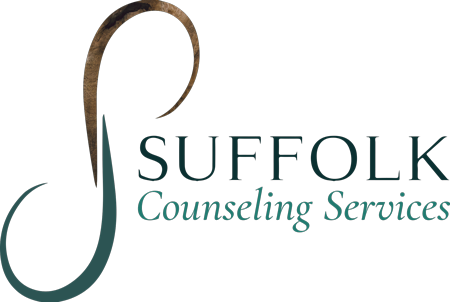How Does Counseling Help?
Cognitive behavioral therapy is the type of psychotherapy most recommended to treat ADHD. It aims to help a child positively alter his or her behavior. At Suffolk Counseling Services, we can help teach your child to monitor his or her own behavior so they can learn to think before acting. Our licensed therapists encourage and teach children to practice social skills, enabling them to build positive relationships and improve their interactions with others.
We also offer family therapy which helps family members find healthier ways to handle disruptive behaviors while teaching you how to encourage behavior changes, improving interactions with your child.
In order for a child with ADHD to reach his or her full potential, it is important that they receive guidance and understanding from their family, teachers, and other people who are part of their lives. This is why we educate parents on the facts pertaining to ADHD, helping them to take an informed approach in helping their child successfully cope with its symptoms.



